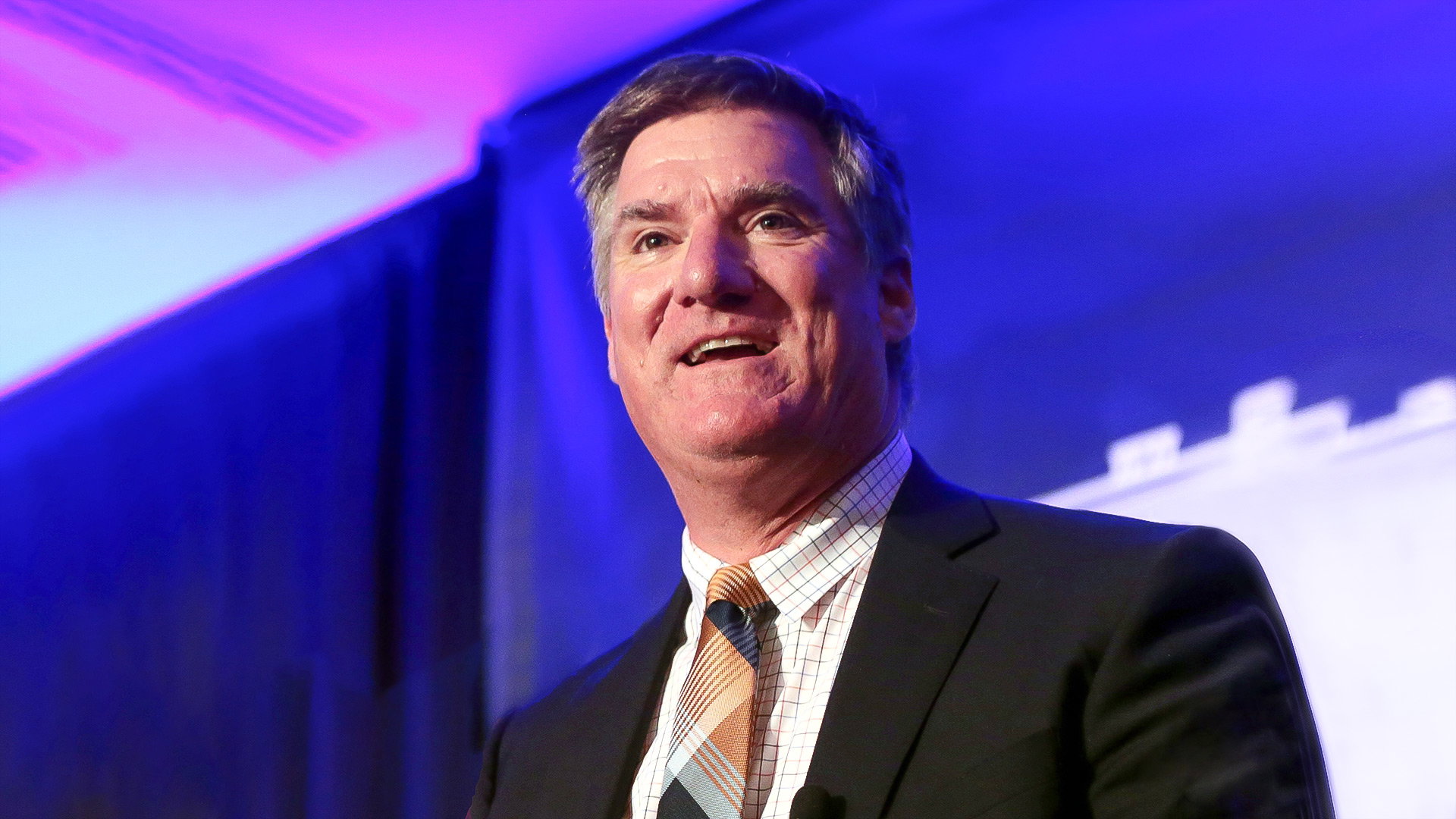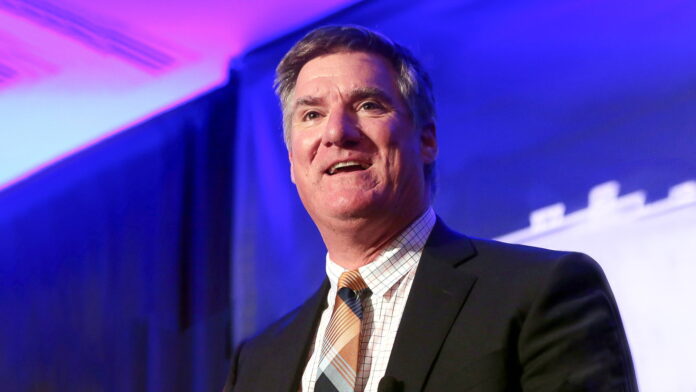
During a hearing Wednesday on New Hampshire’s forced sale of former senator Andy Sanborn’s Concord Casino, state officials refused several demands from Sanborn’s attorneys. Assistant Attorney General Mark Dell’Orfano said that while a sale would benefit Sanborn, the move is “not in the public’s interest.”
“It’s in Mr. Sanborn’s commercial interests to sell his business to someone, if he wishes,” Dell’Orfano stated, as per the New Hampshire Bulletin. “It’s not in the public’s interest that that sale happened and closed. It just isn’t.”
This stance stands in contrast to the perspectives of state budget officials and local charities, who benefit significantly from casino revenues. In May alone, nearly $3 million was allocated to public education and approximately $3.4 million to charitable causes from casino earnings. If Sanborn finalizes the sale by the state’s September 30 deadline, Concord Casino’s contributions would continue.
Without the sale, the casino’s horse racing license will lapse, causing a substantial revenue loss for both the state and charities. A legislative moratorium prevents new historic horse racing licenses from being issued until 2028, adding urgency to the sale.
Sanborn’s attorneys criticized the state’s position as counterproductive. “Yes, obviously it’s in Mr. Sanborn’s interest to sell… But what’s actually at stake here is hundreds of thousands of dollars or more likely millions of dollars that won’t be going to the state and not going to charities,” argued attorney Adam Katz, as per the cited source.
Senator Tim Lang highlighted the importance of casino revenue in supporting state-funded services and charities. “Without that, the state would pick up a portion of (services charities provide). This is a way to help the charities of New Hampshire without direct state involvement,” Lang noted.
The state’s move to revoke Sanborn’s gaming license stemmed from an investigation into alleged pandemic fraud involving Sanborn and his wife, Representative Laurie Sanborn. They deny the allegations and have not been charged.
Sanborn’s legal team managed to negotiate a suspension of the license instead of revocation by agreeing to sell the casino. However, potential criminal charges have deterred some buyers, complicating the sale process. Additionally, there are disagreements over the state’s role in the approval of the sale.
Administrative Law Judge Gregory Albert encouraged both sides to find common ground in their recent meeting, the fourth in less than a month, acknowledging the complexity of regulatory oversight in such transactions.
Sanborn’s attorney Zachary Hafer expressed shock at Dell’Orfano’s statements, accusing the Attorney General’s Office of prioritizing personal vendettas over public and charitable interests.
“The AG’s position is directly contrary to the Legislature’s adoption of charity gaming, (the ruling allowing Sanborn to sell), and the entire mission of the Lottery Commission. It suggests that the AG would rather injure Mr. Sanborn personally than facilitate substantial additional revenue for NH and its charities,” Hafer said.
Lottery Director Charlie McIntyre distinguished between the public interest in charitable gaming and the private interest in the sale of a commercial gaming establishment. “A successful charitable gaming system is very much in the public interest… a potential private sale of any commercial gaming establishment is of a private commercial interest,” McIntyre stated.
Original article: https://www.yogonet.com/international/noticias/2024/07/11/73079-new-hampshire-officials-say-there-is-no-34public-interest-34-in-controverisal-concord-casino-sale














